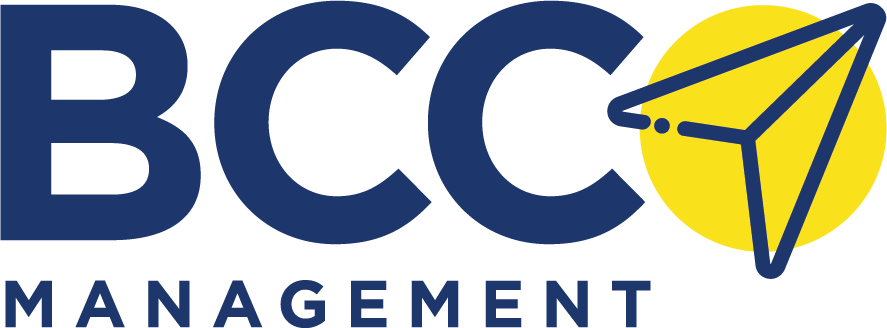Here are our top 10 tips for a conference in 2021
1. Know what you want to achieve
There are lots of reasons that organisations and associations want to deliver conferences and it is important that you know your objectives and that they are clear right from the start. Consider putting in some KPIs that will guide your conference planning around brand awareness, engagement, networking, business sales, profit generated and key learnings.
2. Time Management is Key
There is plenty to consider when planning your conference which can be overwhelming if you do not have a plan on where to start! Before you start working on the conference, work backward from the day the conference is delivered and set deadlines for key tasks. For example, when should your AV proposal be confirmed, when are speaker abstracts due, what is your marketing plan etc. Ensure that your timeframe is SMART; specific, measurable, achievable, realistic and time-based. An event organiser is your best friend at this stage.
3. Work with the Right People
It takes a small village of people to make sure any conference is a success so make sure you surround yourself with an innovative, passionate and hardworking team right from the word go. This includes a conference planning committee inside your organisation or association that will help plan content and make suggestions to improve the conference experience for delegates attending- after all, it is likely that they have attended a previous event run by your organisation so they will be able to tell you what they loved and what they would love to see. Now is also a great time to think about who your suppliers will be, it is important that the team you surround yourself with from venue, exhibition services, catering, conference management and audio visual suppliers are people you can trust and rely on!
4. Budgeting 101
A realistic budget is imperative to the success of your event. How are you generating an income from this conference and how much do you need to raise in registration and sponsorship to make it work? How do you plan on getting people and sponsors to attend? As for expenses, there are lots of sneaky costs in events that can really hurt your bottom line if not taken into consideration early. The price of venue hire, catering and AV varies state to state so this could also impact the location of your conference. There are also often event grants available depending on the industry and number of delegates your conference attracts which could help offset some of those expenses down the track- be sure to check in with your event organiser to help find the best grants available.
It takes a small village of people to make a conference a success so surround yourself with innovative, passionate and hardworking people right from the word go.
5. Know your Audience
In order to make sure your event is going to attract the right people to your conference, it is important to sit in their shoes and figure out what is going to make your conference for people to attend. Think about the organisations they work for, what their roles are, interests, income, where they live, what time of year is busy for the industry and if their workload fluctuates on certain days of the week. For example, if you are planning a conference for teachers then planning a conference in the second last week before Term 2 School Holidays may not be a good idea with report writing due but the second last week before Term 1 School Holidays may be fine.
6. Create a Program that People love
When delegates are attending your conference, they are taking 2-3 days away from the office to be with you so you need to make sure there is value at every turn of the day. The speakers that you select should be able to provide them with wisdom that they can take back into their personal and professional lives that will challenge thinking, ideas and imagination. It is also important to consider the presentation style from your speakers, ensure that not only their content is relevant but that they can also can knock people out with their delivery. Get recommendations and check in with conference organisers and speaker bureaus for some reviews.
7. Targeted Marketing
Create a detailed marketing plan and stick to it! Will you be promoting the event on social media, word of mouth, email marketing or engaging a third party for paid advertising? Have a think about your target number of delegates and then the milestone delegate numbers and dates. This will help you revise your budget based on number of delegates attending and avoid budget blowouts!
8. Provide Clear Event Communication
When a delegate or sponsor signs on for your conference then you need to keep them in the loop! Tell them about the fantastic speaker line up, what to do in the destination, how to get there and even what the weather is like at that time of year! The more info, the better!
9. Practice Makes Perfect
Does an athlete start a race without a warm up? Of course not, and an event organiser should never start an event without a run through. Book in a time to meet with venue, catering, AV, MC, sponsors and relevant stakeholders to practice each element of your event. This is where you will iron out any creases in your run sheet and ensure you deliver a stellar event.
10. Have Fun
The conference or event is there to be enjoyed so leave the logistics to your event organiser so that you can sit back and enjoy the fruits of your labour. After all, it will be over before you know it!

